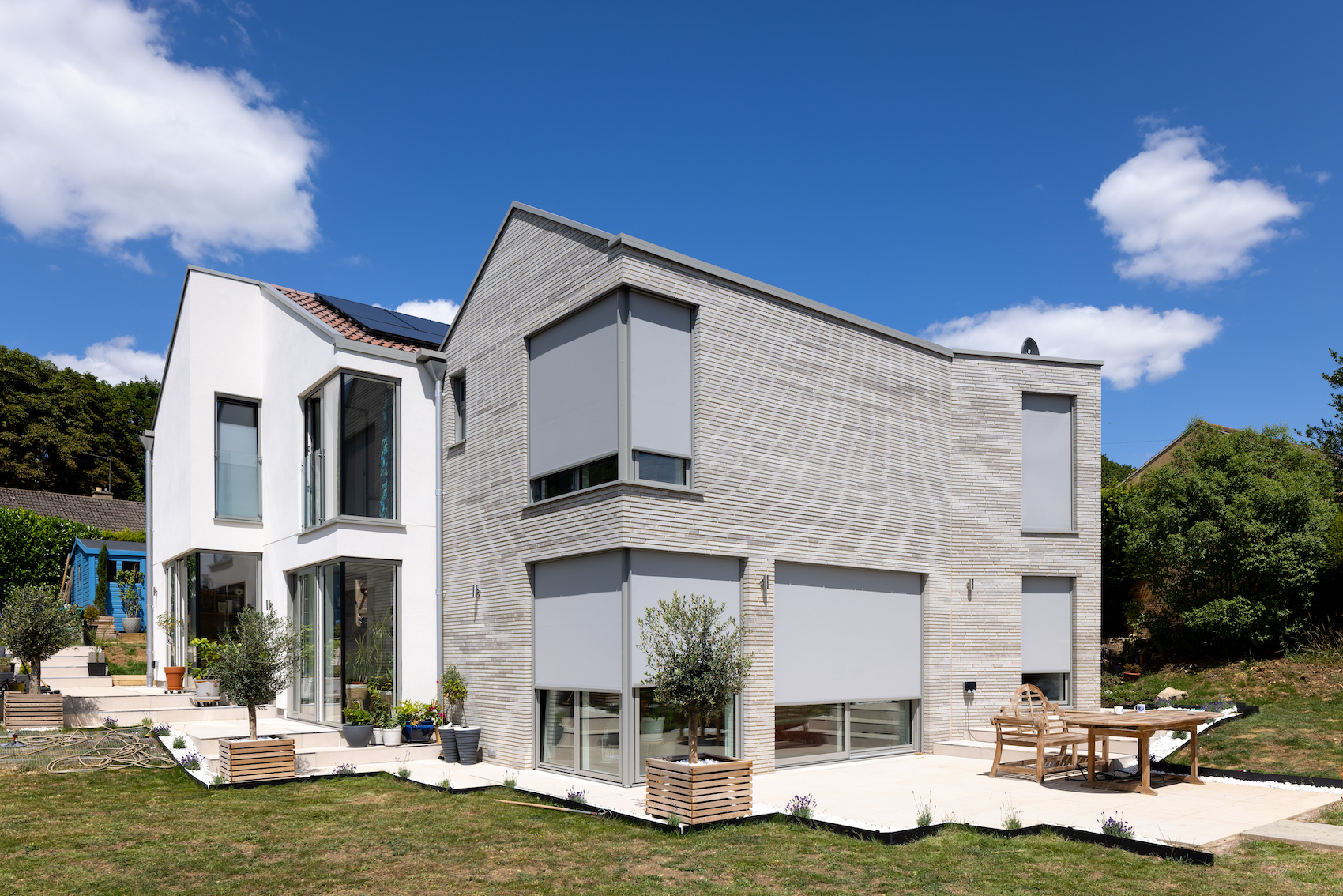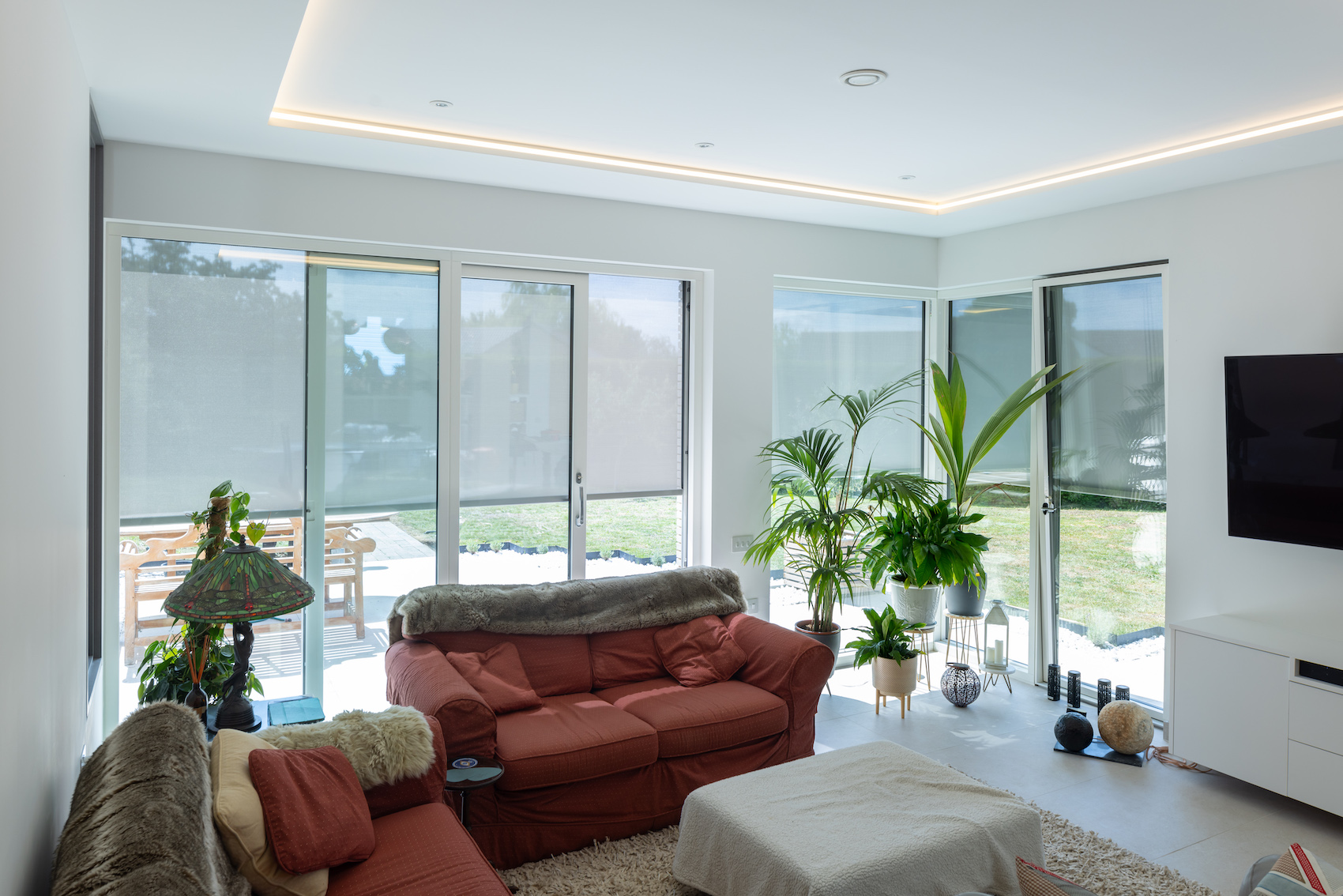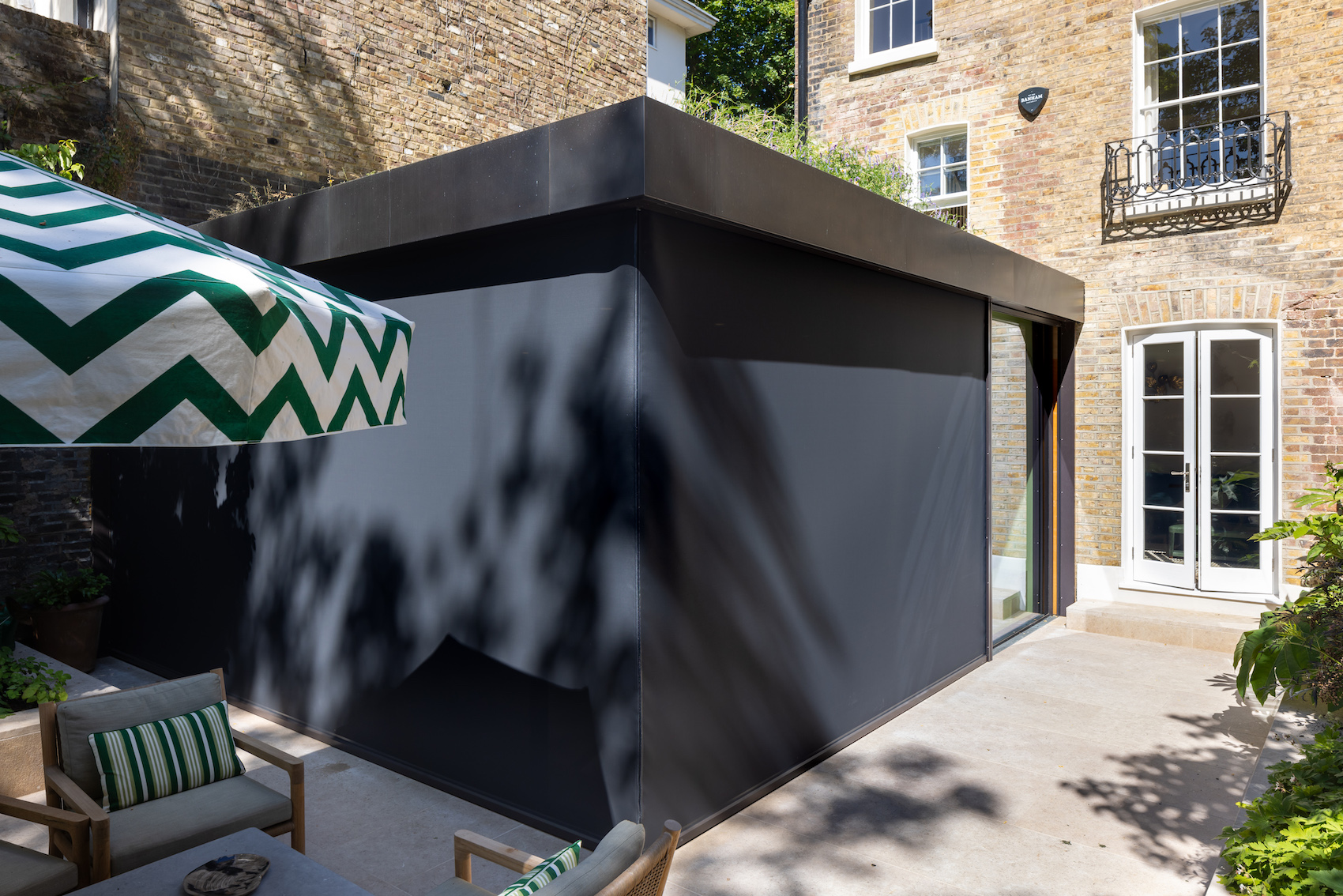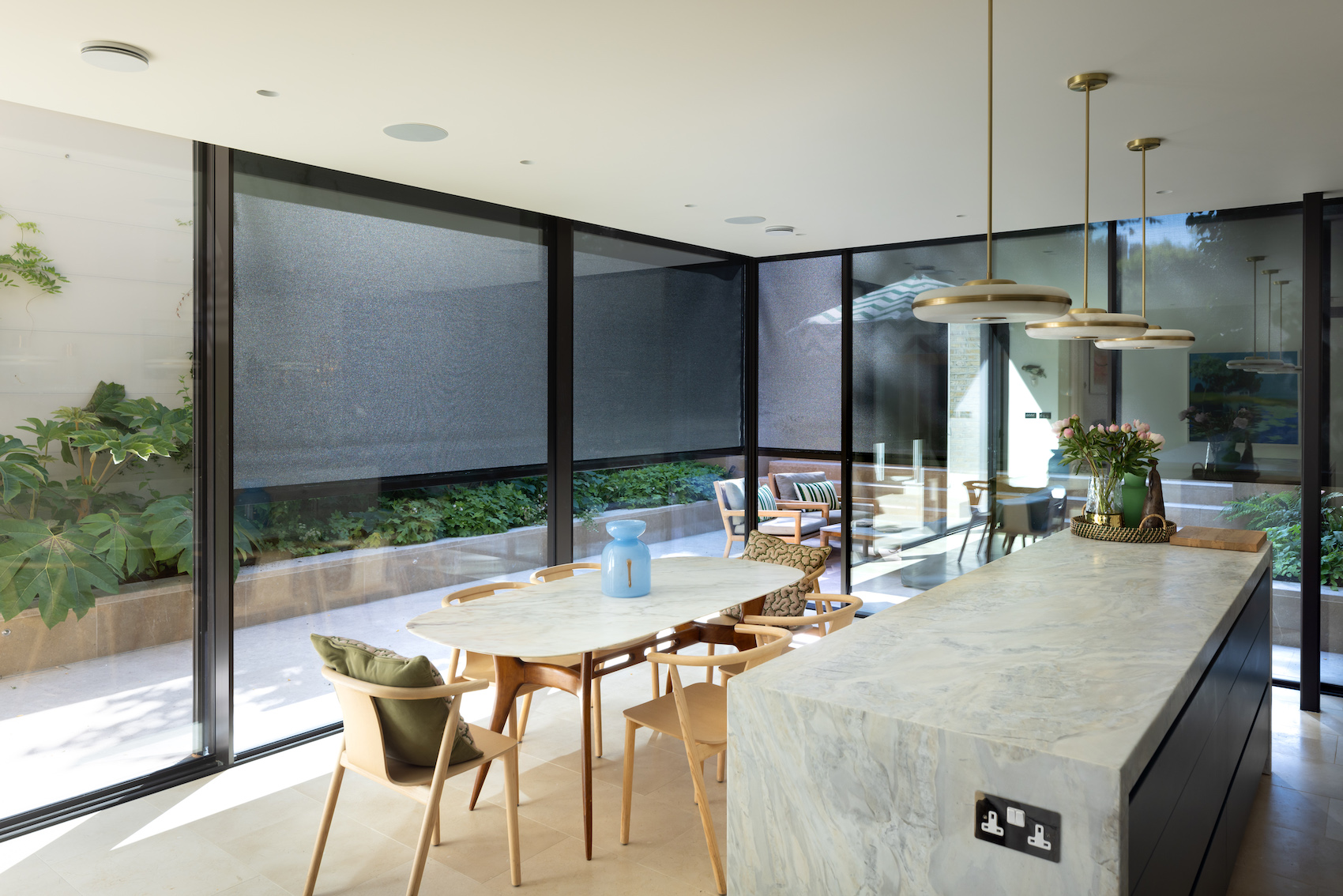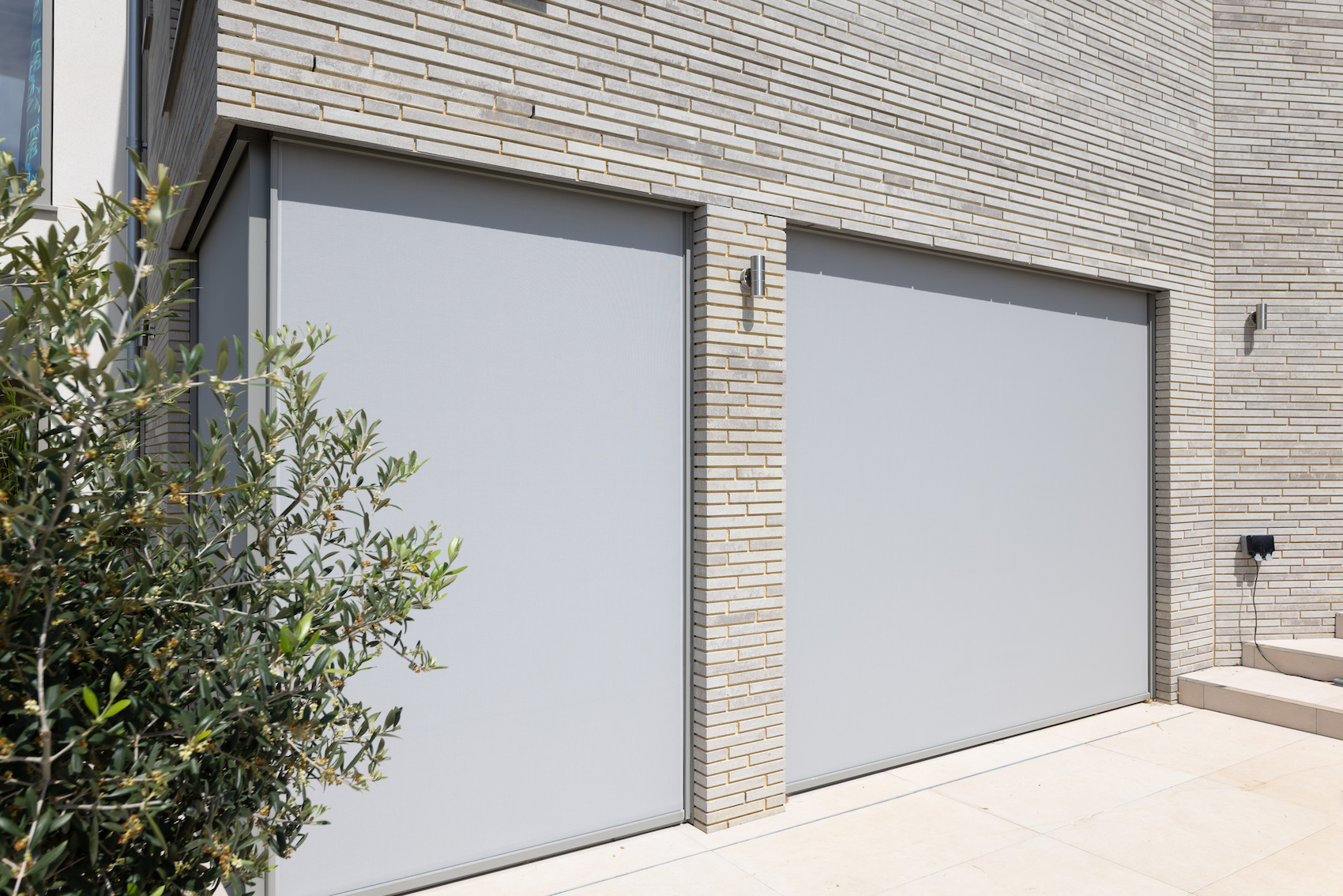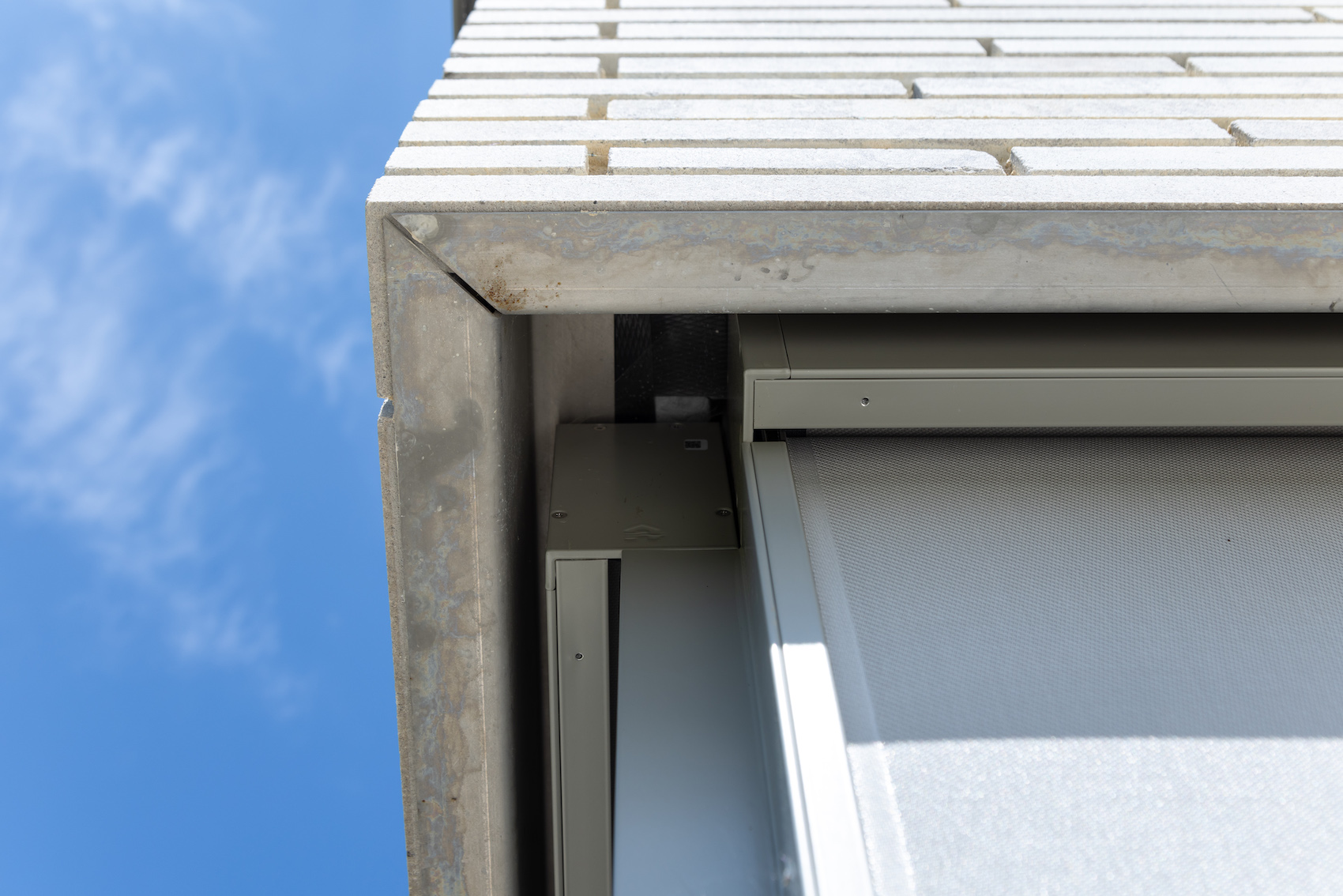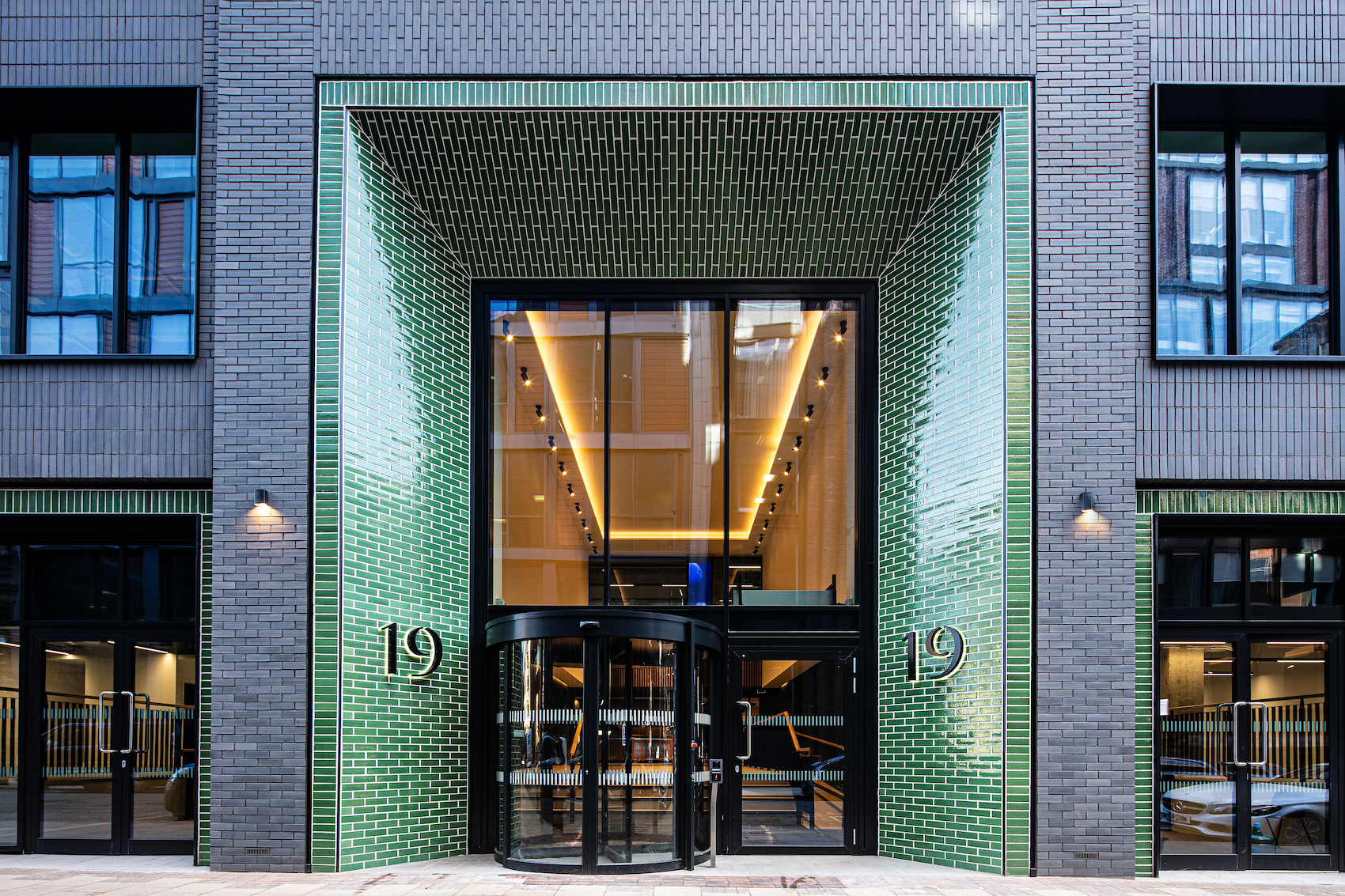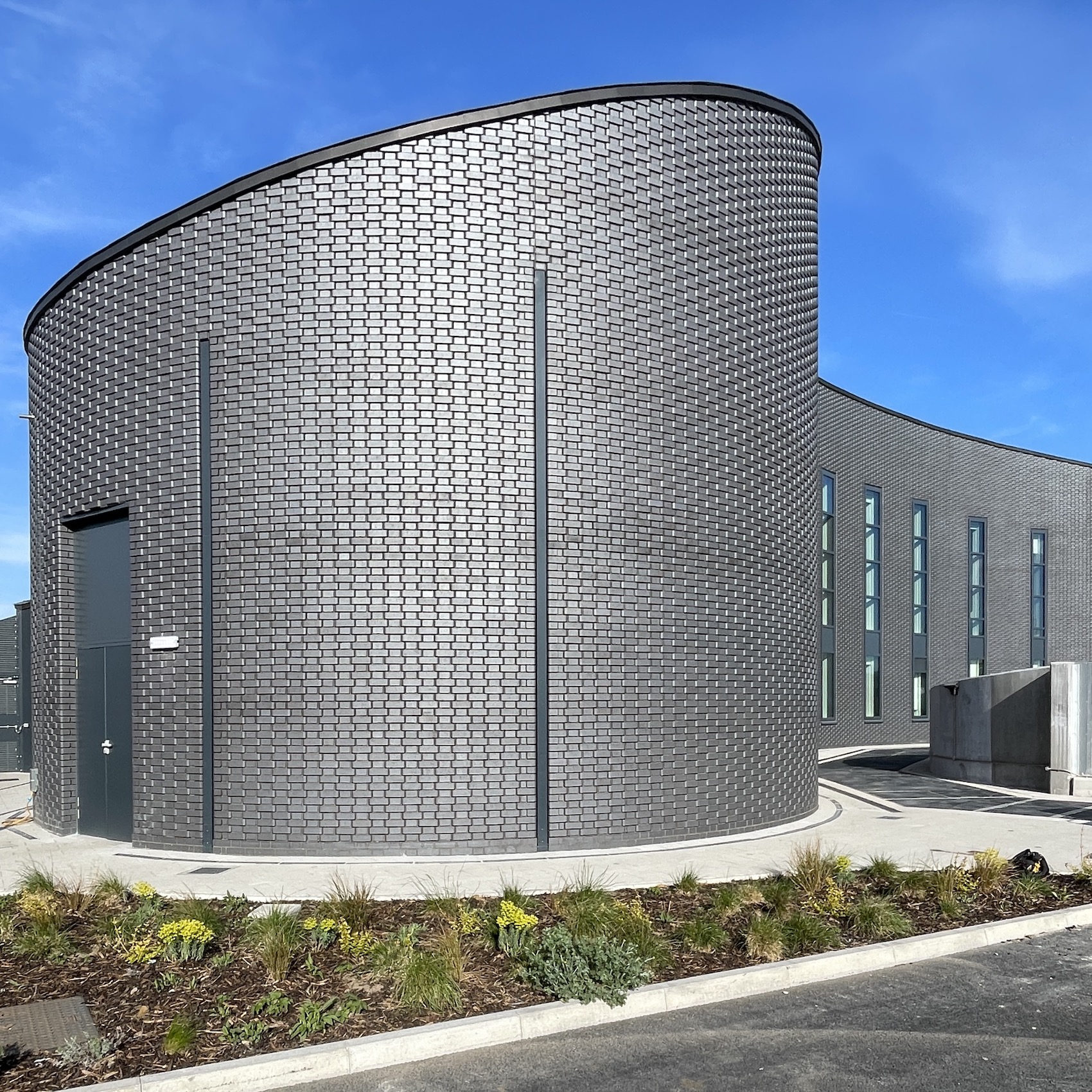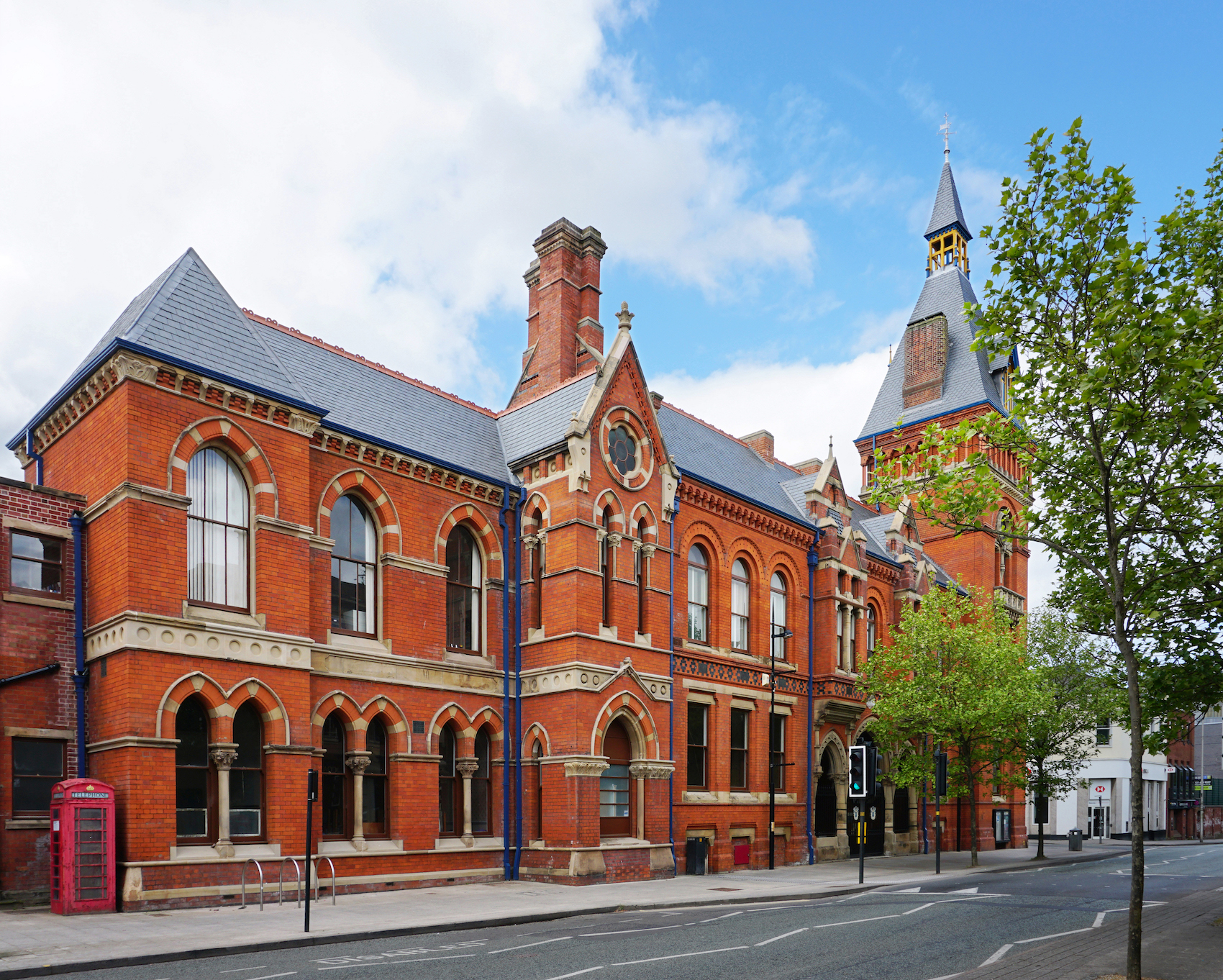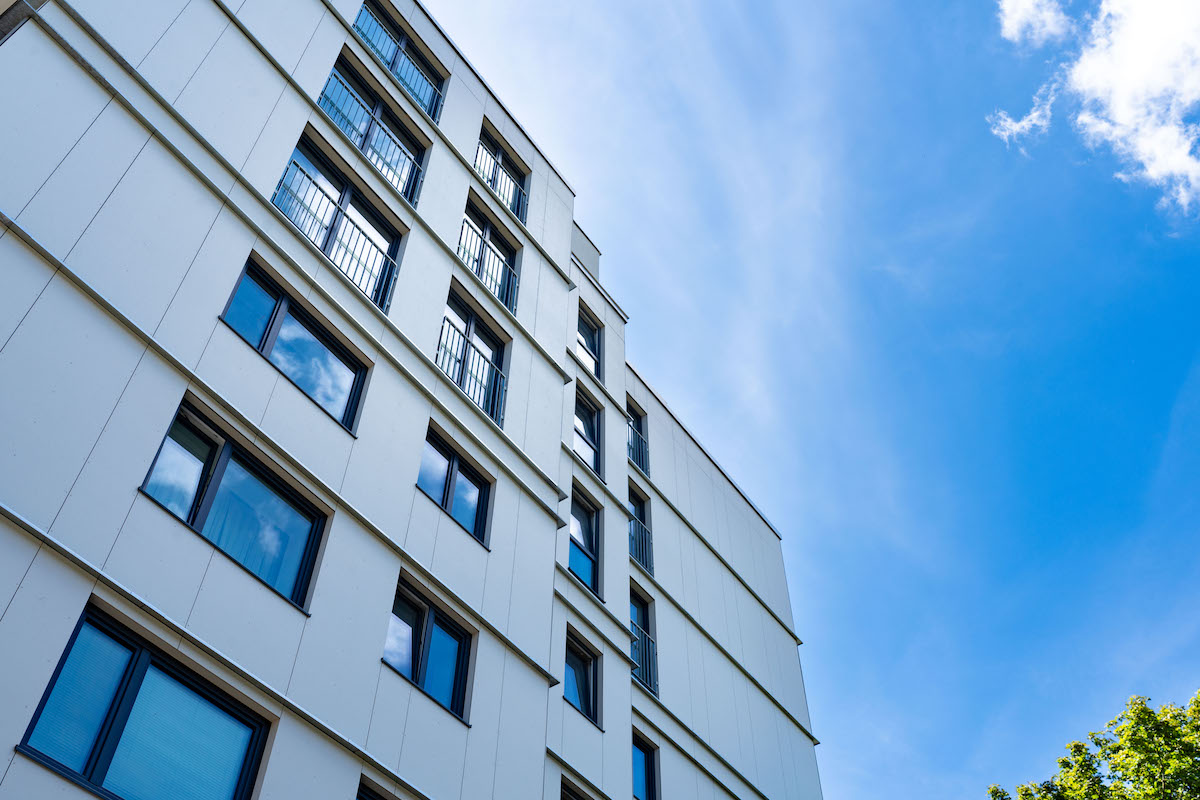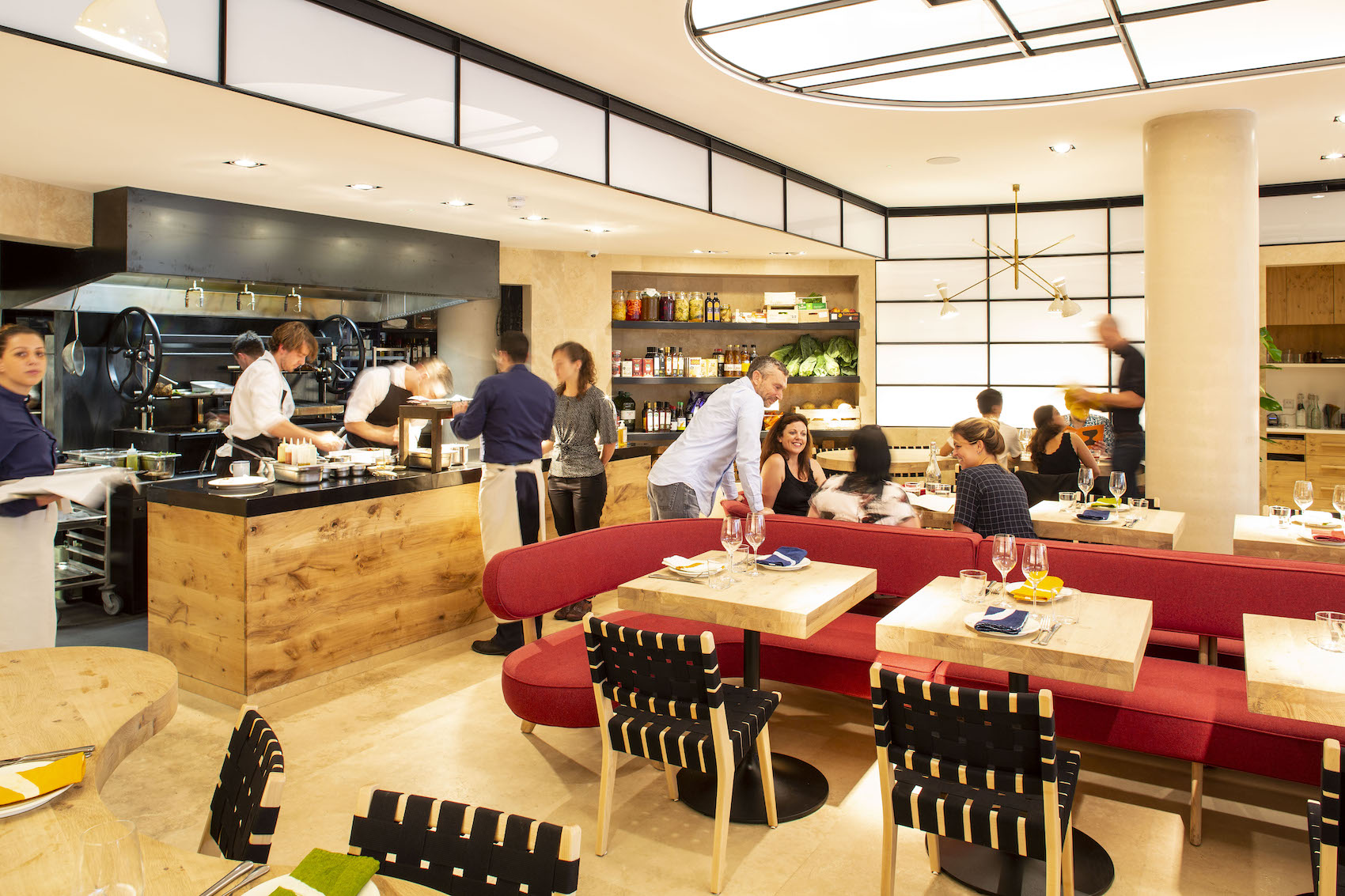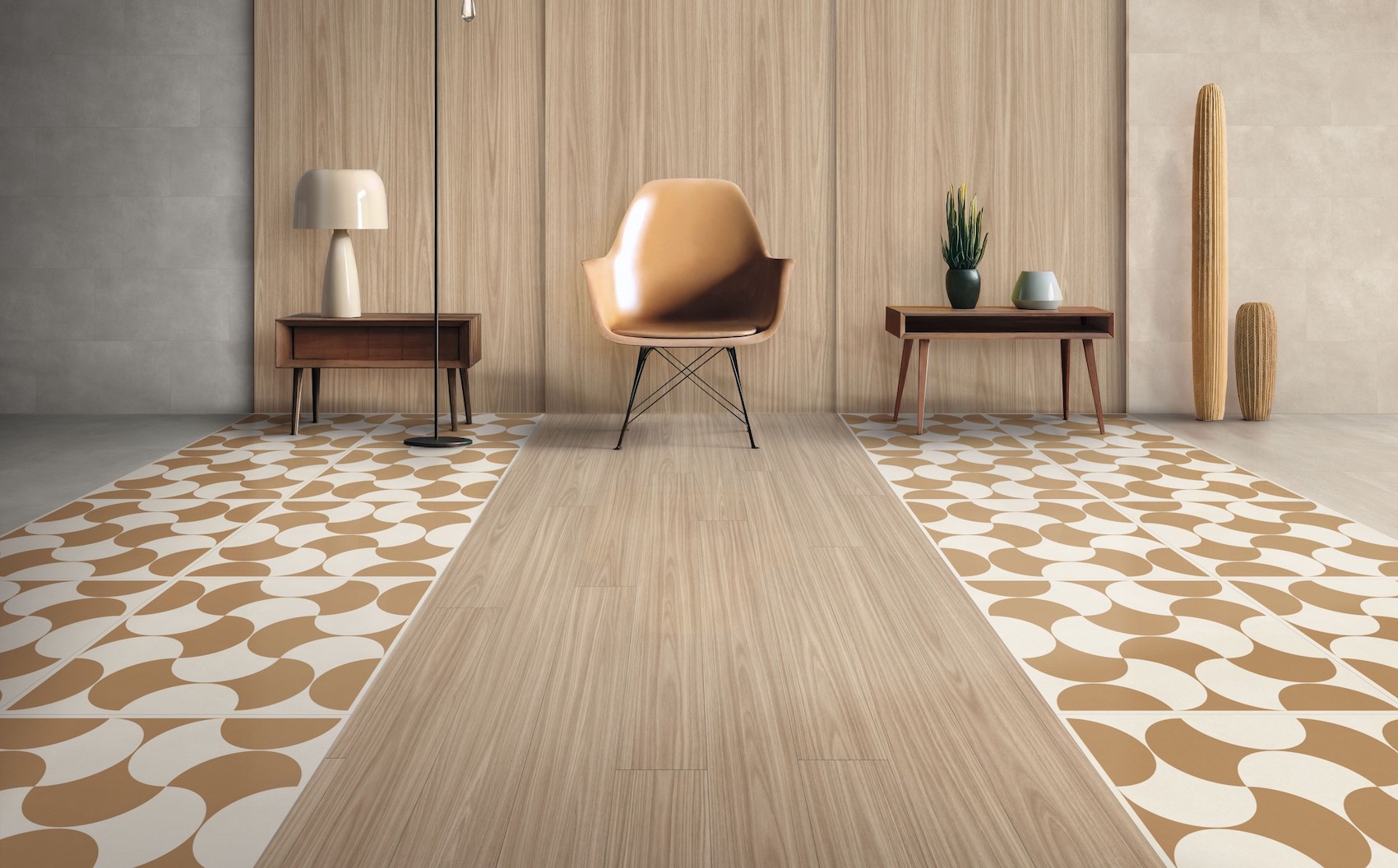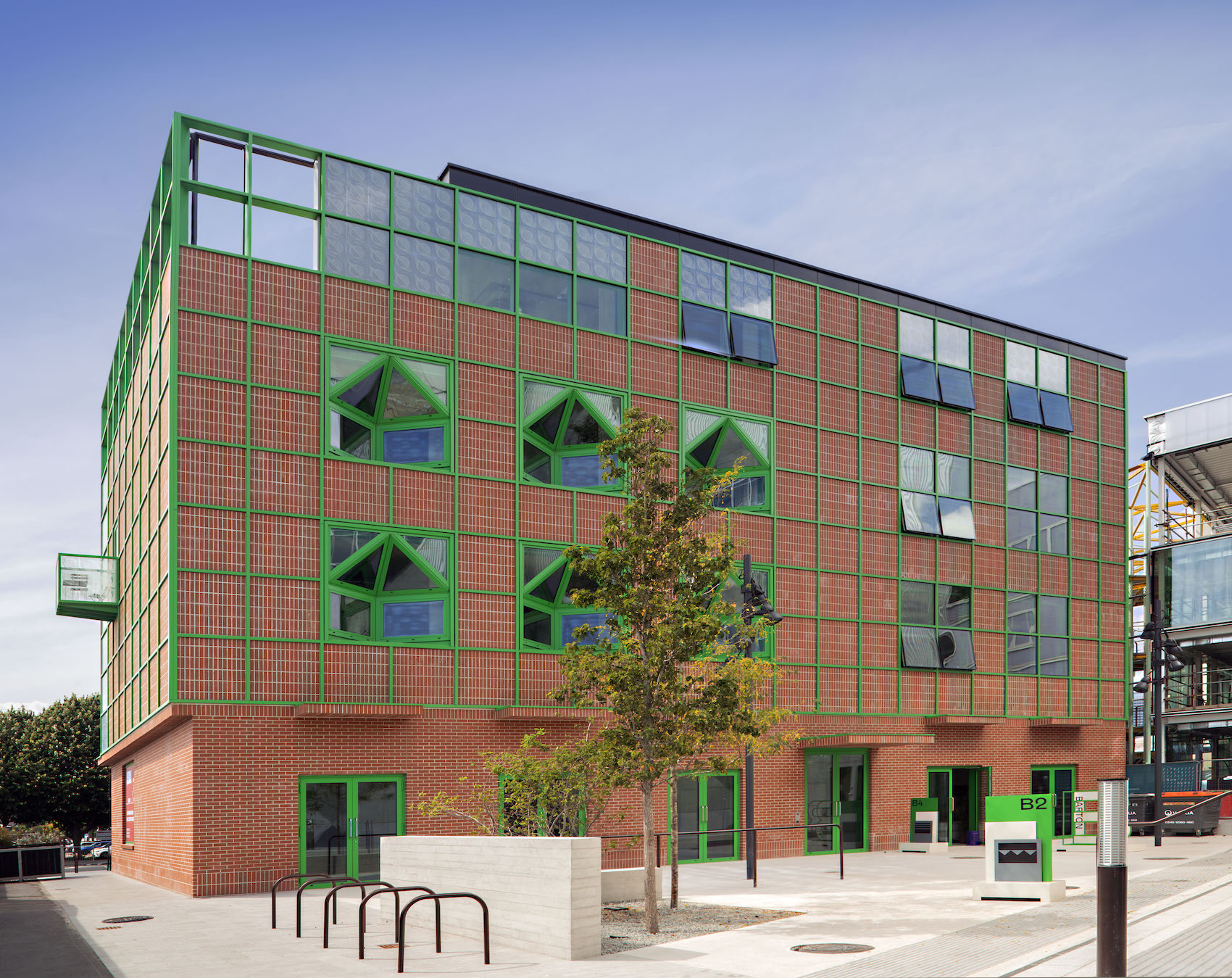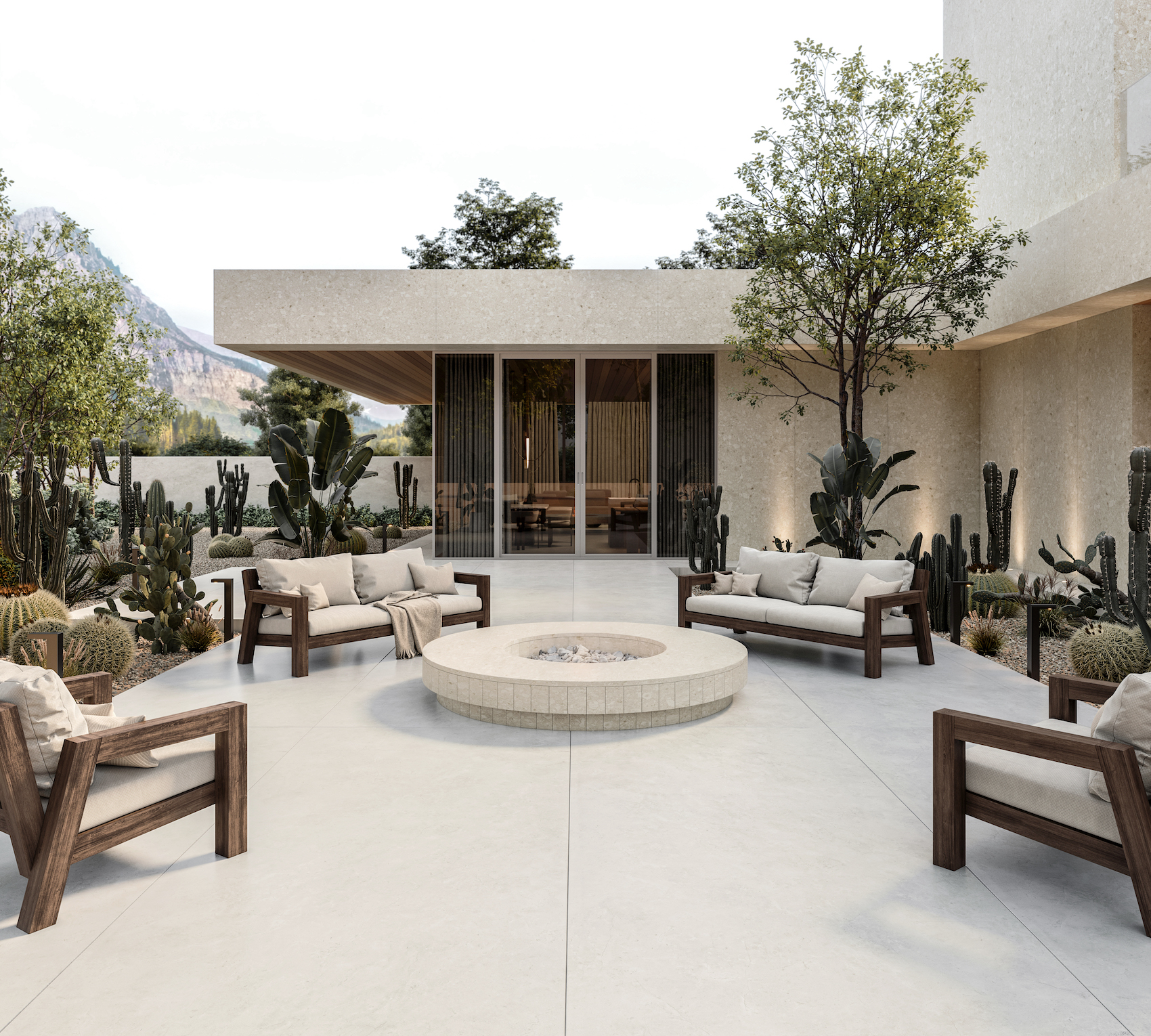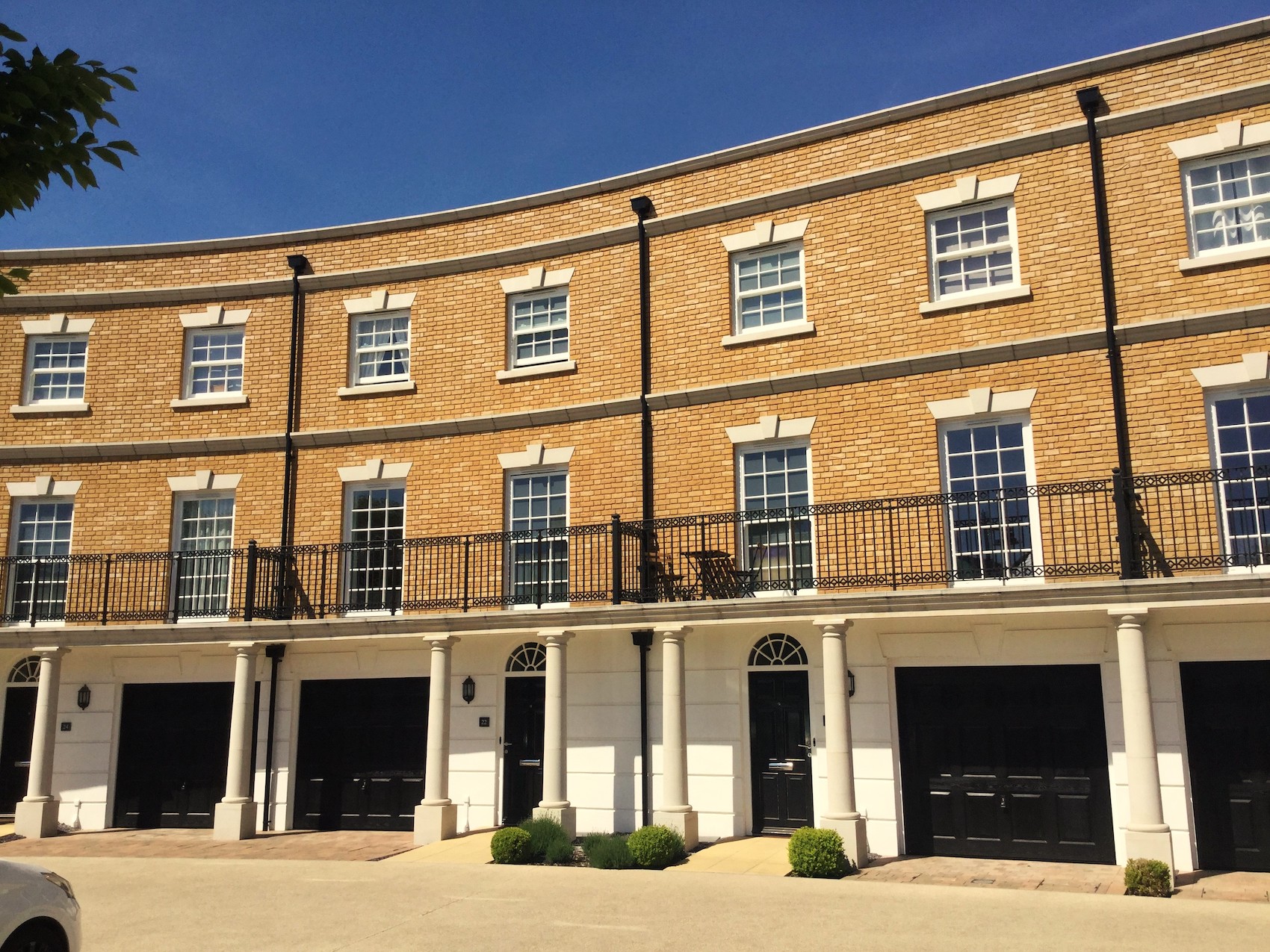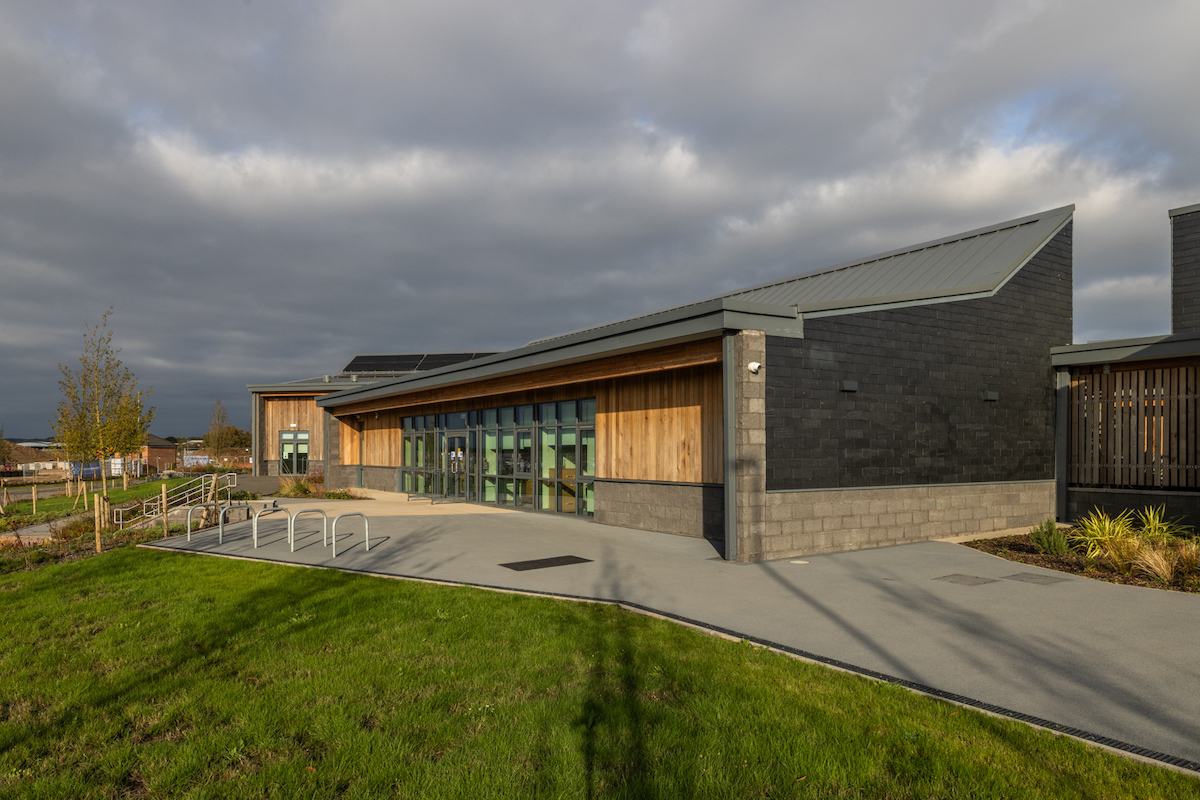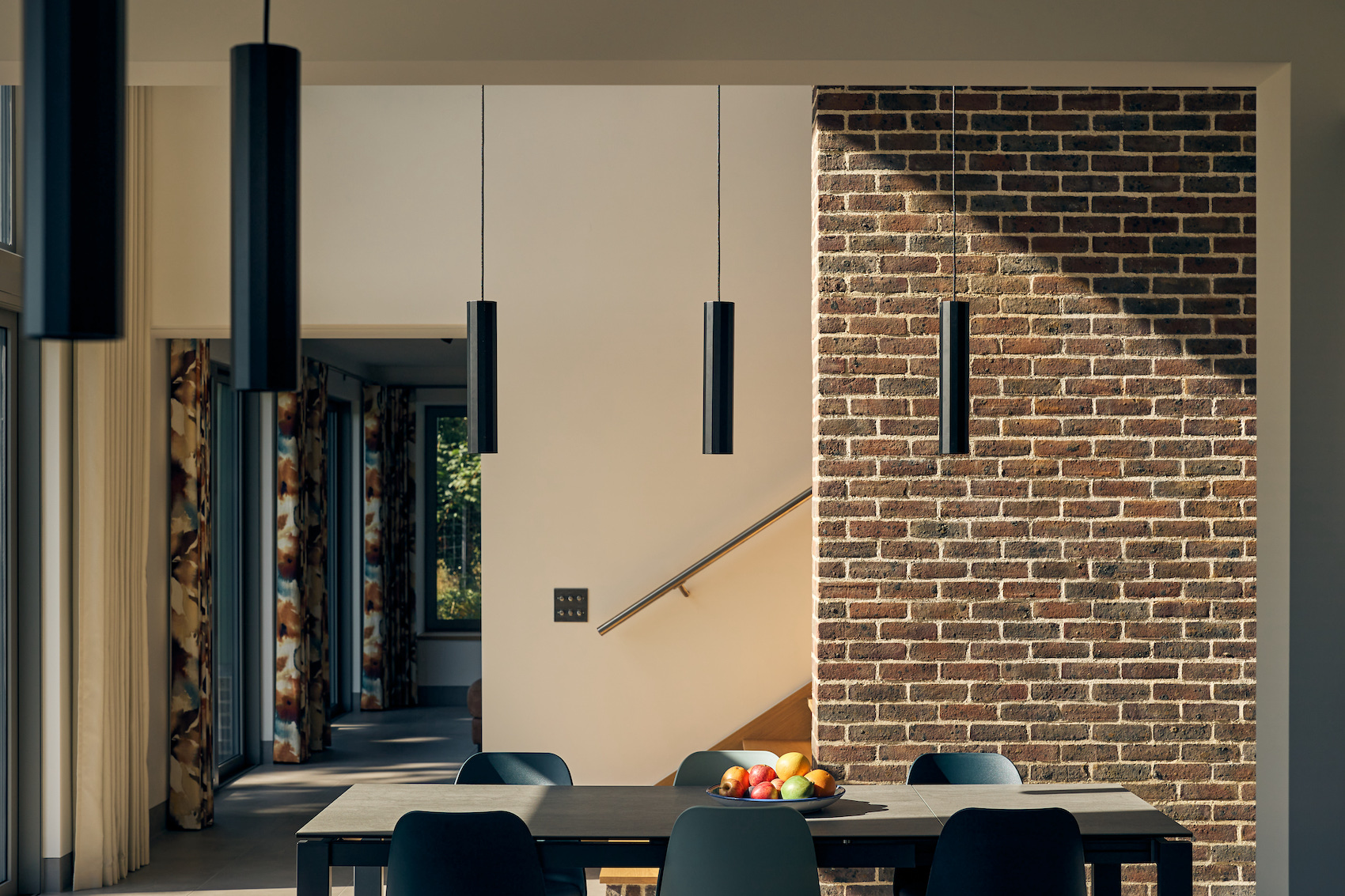Heatwaves are becoming more frequent and intense in the UK, with 2025 confirmed as the hottest summer on record, and the trend is only set to continue. Yet our homes are chronically ill-prepared for dealing with climate change’s prolonged heatwaves, causing overheating and a host of ill-effects on residents.
The media has recently woken up to this fact, reporting on how overheating massively impacts us – leading to sleepless nights in stifling bedrooms or failing concentration in stuffy offices, resulting in lower productivity, not to mention the more serious effects of heat stroke.
And new research in The New Scientist revealed that overheating can make you age faster and is comparable to lifestyle factors, such as smoking, because of the physical and mental stress heat causes on our bodies.
The trend for large windows
Not surprisingly, the trend for large windows in new homes and glass box extensions continues, helping to bring natural light into interiors and providing unspoilt views of gardens. However, the fashion exacerbates the problem of overheating in homes which haven’t been designed with any integral passive shading to block out solar glare.
Another contributing factor is that new homes are super insulated – unlike older leaky homes – so combined with an efficient heating system, solar glare can even cause overheating in the winter.
Air conditioning isn’t sustainable
Air conditioning (AC) is often touted as a solution to overheating, and it does cool homes effectively. But its eye-popping energy usage creates a dangerous feedback loop, contributing to around three per cent of global greenhouse gas emissions, and gobbling up seven per cent of the world’s electricity.
In addition, AC refrigerants are harmful to the planet if allowed to escape through leaks or at the end of its life. It’s also costly to install, maintain and run – doubling household electricity bills in some cases.
Another downside is AC can impact physical health, because it only functions properly when windows are closed, blocking fresh air. Instead, AC can circulate dust, allergens and germs which can affect people with respiratory conditions like asthma.
Currently, less than five per cent of the UK population have AC, although the figure may increase because the country is warming at a faster rate than the global average, with the recent decade’s temperatures far higher than those in the last 300 years.
The oldest and most effective solution to overheating
However, there is a far more sustainable alternative to AC, which has been used for hundreds of years across the world to keep homes cool: external shading. Whether that’s shutters, awnings, roof overhangs or external blinds, using external shading to prevent the sun’s heat from entering the house has long been recognised as a very effective and sustainable passive cooling method.
External blinds remain the future
External blinds have been used to block out the sun in Europe for many years, most commonly on south- and west-facing windows, which are more prone to solar gain. They are a truly green solution to overheating, because they only use a small amount of energy to lower or raise – via a smart phone or household system – stopping solar gain from entering the home.
As such, external blinds have been an integral part of any Passivhaus and eco-home build design for many years, helping to keep homes at least five degrees Celsius cooler in the summer. But they are now becoming more mainstream, with UK architects increasingly building the infrastructure needed for external blinds into new homes and seeing impressive results.
“The temperature dropped dramatically”
When Lorraine Dooley commissioned Hadfield & Noblin Architects to transform a tired bungalow in Somerset into a forever home she was skeptical as to why external blinds were built into the design – until the hot weather arrived.
“It only took one day for them to be installed, and we noticed the difference straightaway. It was amazing; the temperature dropped dramatically. We realise now how effective they are in stopping overheating. At the time it was hotter inside than outside, but the rooms are nice and cool now,” said Lorraine, who now comes home to a cool and comfortable home.
“The blinds have a solar sensor and come down automatically, so you don’t come home to a hot house. There’s also a switch in each room to control them,” she added. “Also, the blinds don’t block any light, and we can still enjoy the view of the garden outside. One thing that we didn’t expect was how much privacy they offer, especially at night when its dark. It makes the house feel much more private because no one can see inside.”
Kensington Blinds: a sustainable choice
With more than 40 years of expertise, Kensington Blinds can help you design in effective passive cooling systems, which are also low-carbon, sustainable alternatives to AC. With a large range of designs and colours available for skylights and glass roofs, windows and doors, Kensington Blinds can help tailor these to your exact needs.


